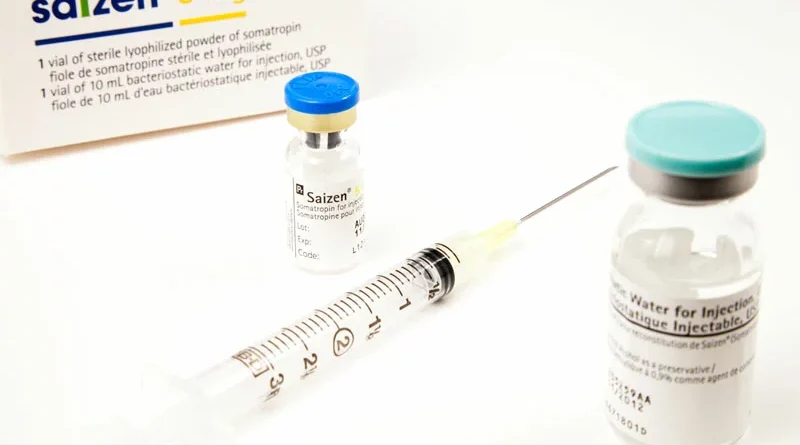Hygetropin Price: Understanding the Cost of Human Growth Hormone
Human growth hormone (HGH) has garnered significant attention in recent years for its purported anti-aging and performance-enhancing properties. Among the various brands available in the market, Hygetropin stands out as a popular choice for many individuals seeking the benefits of HGH supplementation. However, understanding the price of Hygetropin involves more than just looking at the number on the price tag. Let’s delve deeper into the factors that influence the cost of Hygetropin and what hygetropin price potential buyers should consider.
Quality and Authenticity
One of the foremost concerns when purchasing Hygetropin, or any pharmaceutical product for that matter, is ensuring its quality and authenticity. Due to the lucrative nature of the HGH market, counterfeit products are unfortunately common. These counterfeit versions not only fail to deliver the desired results but can also pose serious health risks.
Authentic Hygetropin is produced by Hygene Biopharm, a renowned Chinese pharmaceutical company known for its adherence to strict quality standards. However, the demand for Hygetropin has led to the proliferation of counterfeit products that mimic its packaging and branding. As a result, buyers must exercise caution and purchase Hygetropin from reputable sources to ensure they are getting the genuine product.
Dosage and Treatment Duration
The price of Hygetropin can also vary depending on the dosage and treatment duration prescribed by a healthcare professional. HGH therapy is not a one-size-fits-all solution, and dosages need to be tailored to individual needs based on factors such as age, weight, and specific health goals.
Higher dosages and longer treatment durations naturally incur greater costs, as more vials of Hygetropin are required to complete the prescribed regimen. However, it’s essential to strike a balance between the desired benefits and the associated costs to ensure a cost-effective and sustainable approach to HGH therapy.
Legal and Regulatory Considerations
Another factor that influences the price of Hygetropin is the legal and regulatory landscape governing its sale and distribution. While HGH therapy is legal for certain medical conditions, it is heavily regulated and restricted for off-label use, such as anti-aging or performance enhancement.
As a result, obtaining Hygetropin for non-medical purposes often involves navigating legal gray areas or resorting to alternative channels, such as the black market. However, engaging in illegal or unregulated practices not only exposes individuals to potential legal consequences but also increases the risk of purchasing counterfeit or adulterated products.
Supply and Demand Dynamics
Like any commodity, the price of Hygetropin is subject to supply and demand dynamics within the market. Fluctuations in demand, coupled with factors such as production constraints or regulatory changes, can impact the availability and cost of Hygetropin.
During periods of high demand or supply shortages, the price of Hygetropin may increase as suppliers capitalize on the scarcity of the product. Conversely, when supply outstrips demand, prices may decrease as sellers seek to offload excess inventory. Understanding these market dynamics can help individuals make informed decisions about when to purchase Hygetropin and at what price point.
Cost-Effectiveness and Long-Term Benefits
While the upfront cost of Hygetropin may seem significant, it’s essential to consider its cost-effectiveness in the context of the long-term benefits it offers. HGH therapy, when administered properly under medical supervision, can yield a myriad of health benefits, including increased muscle mass, improved bone density, enhanced cognitive function, and reduced risk of age-related diseases.
Moreover, investing in preventive healthcare measures such as HGH therapy may help individuals avoid costlier interventions down the line, such as medical treatments for age-related ailments or chronic conditions. By weighing the upfront cost of Hygetropin against its potential long-term benefits and savings in healthcare expenses, individuals can make informed decisions about its affordability and value proposition.
Conclusion
The price of Hygetropin is influenced by various factors, including quality and authenticity, dosage and treatment duration, legal and regulatory considerations, supply and demand dynamics, and cost-effectiveness in the context of long-term health benefits. While the upfront cost of Hygetropin may seem daunting, it’s essential to prioritize quality, legality, and safety when purchasing HGH products. Consulting with a healthcare professional and obtaining Hygetropin from reputable sources can help individuals navigate the complexities of HGH therapy and maximize its potential benefits.
